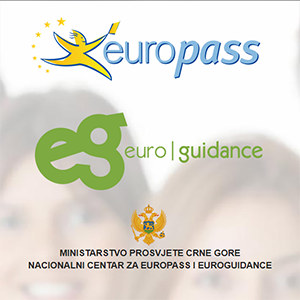
School portal - Portal for teachers
The school portal is designed to improve the use of ICT and bring the ICT world and its capabilities closer to the teaching staff and other actors in education.
The portal gives teachers the opportunity to publish their papers and lectures. Besides, its purpose is to enable the exchange and acquisition of new knowledge, experiences and ideas, encourage teachers to use ICT and introduce them to new technologies. The school portal enables easy search and download of didactic software.
This portal publishes general news as well as those from the categories of child safety on the Internet, inclusive and preschool education, and there is a page with Microsoft and Open Source tools applicable in educational institutions, and the portal also contains sections - document center, forum and useful links.
The document center section contains didactic software for individual courses, general documents, manuals and regulations (laws and rulebooks).
The forum is intended for ICT coordinators, with the help of which, together with the help of many manuals, the maintenance of computer equipment, network and Internet in schools will be improved.
Useful links include links from the field of information technology, links related to courses, links from similar portals in the neighboring countries and other interesting information.
The page Child Safety on the Internet contains instructions, tips, TV shows and other materials intended for this topic, and are the result of work with children through various projects in schools.
On the Inclusive Education page you can find publications, best practices, ideas for solving dilemmas, challenges, etc. Similar information and materials can be found for preschool children on the Preschool Education page.
On the Free Tools page, there are many programs that can be used to work with students. In addition to the description of the purpose for which the programs can be used, there are also links to download them as well as installation instructions. The aim of this page is to promote an increased use of ICT in teaching through the use of various didactic software.


